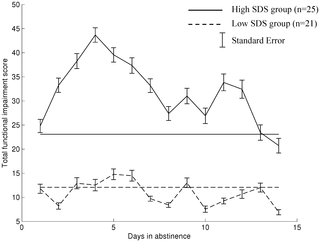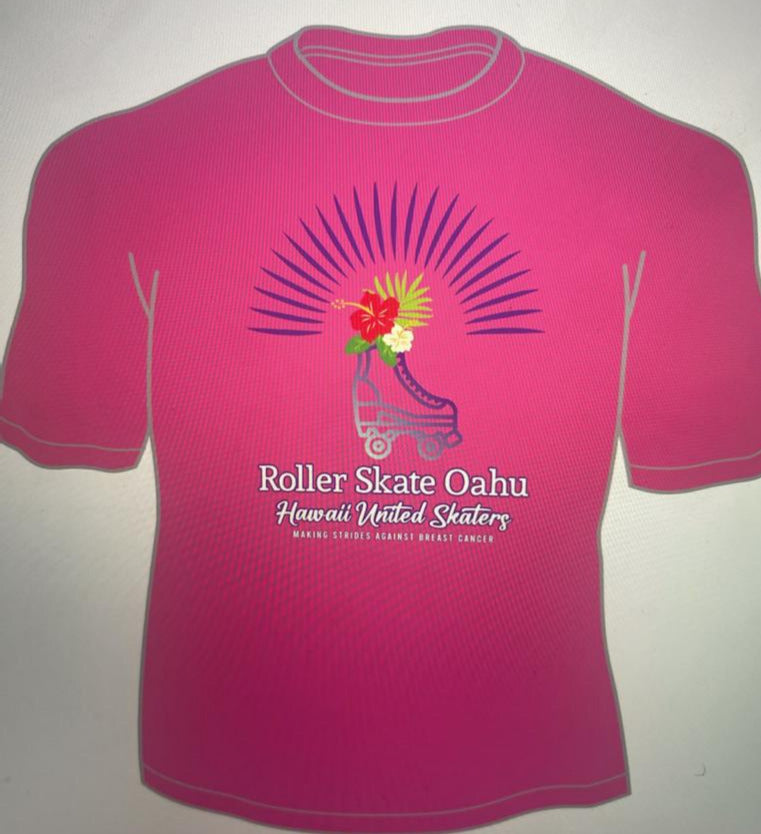
Oral CBD products can be an excellent option for those who don't smoke and want to reap the many benefits of CBD. These products come in a variety of forms such as liquids, capsules and tinctures. They can be inhaled, applied topically to the skin, or taken orally.
The benefits of oral cbd vary, depending on the product you choose. A tincture of hemp extract combined with carrier oils helps to increase the absorption rate of fat-soluble CBD. This allows for more control over the precise dosage and can be cheaper.
CBD topical creams contain a high dose of CBD that is dispensed under the tongue, or inside the cheek. They are easy-to-use and can be an option for people who don't enjoy the taste of oil or chewing gummies. You will also see the MG of the CBD on the label.
These sprays can be used to treat anxiety and pain. They can be used to treat nausea and vomiting in patients undergoing chemotherapy.

If you're using certain medications, be sure to talk to your doctor about the potential interactions between them and your CBD products. The following drugs can cause CBD problems: benzodiazepine seatives, such as Klonopin or Ativan (lorazepam), opioid painkillers, and immune-suppressants. These drugs are more likely interact with CBD so you may need a change in your dosage or to space out your use.
A lot of CBD tinctures have a carrier oil. This could be hemp seed oil, MCT coconut oils or hemp seed. These oils are high in fats, which makes it easier for the fat-soluble cannabisoids to absorb.
They may also contain an alcoholic base which aids in breaking down cannabinoids and making them more bioavailable. This can improve absorption, and lower the risk of allergic reaction.
This is especially important for anyone with allergies or eczema. Hemp-derived products can be contaminated with a range of chemicals, so make sure you only buy from a reputable company that has tested their products to ensure there are no pesticides and molds.
Some CBD products may have unpleasant odors. It is a good idea not to smell like CBD products, such as K2 sprays which have no detectable marijuana odor.

If you are looking for a CBD spray with high quality ingredients, it is worth searching locally. You should check the label to see where the product was sourced as well as the cultivation methods used to grow hemp. Then, read the COA to confirm the product is potent and free of contaminants.
It is also a good idea for consumers to purchase products from companies that adhere to good manufacturing practices set by the FDA.
You can also verify if the company has been served with warning letters by the FDA, or whether it has been sued. This will help to identify a trustworthy company.
FAQ
How does the price of CBD vary across different states?
Prices for CBD products will vary depending on where they are located. Prices can vary up to ten times, in fact.
In general, prices increase the further north you go. In Alaska, CBD is $35 per gram on average, while it costs $200 in Hawaii.
This trend continues throughout the country. Prices for grams range from $5 to $2,500.
This is what's the deal?
The varying levels and regulations of cannabis regulation are one reason prices can vary widely. Some states require CBD products that contain very little THC, the psychoactive component of cannabis. Others do not care about the level of THC.
Because of this, some companies choose to sell their products in one state and then ship them to another state.
How big is the global CBD industry?
Euromonitor International estimates that the global CBD market is worth $US3.5Billion in 2015. This is an increase of more than 10% compared to 2014.
The report projects that this figure will reach $US6.4 billion by 2020. This represents an average annual growth rate 12%.
By 2020, CBD products will account for approximately half of all global hemp-derived products.
This includes both CBD oils and other CBD products such as food, beverages, cosmetics, and pet care items.
Does CBD have a future?
The answer is yes. It's not because it has medical benefits, but rather because it can help people feel better and not get high.
It's a good alternative to prescription drug because you won't feel any different from when you take it.
And as we know from studies, there is a lot of evidence showing that cannabis helps with pain relief, anxiety, depression, insomnia, and many other conditions.
Cannabinoids are also found in cannabis, which interact with brain receptors. This interaction leads to feelings of relaxation.
You should understand the effects of CBD oil on your body and health if you are considering using it.
Is the CBD market saturated or not?
CBD industry is growing at over 25% per annum. This growth is expected not to stop for at least five more years. In fact, the industry is projected to grow from $2 billion today to $5 billion by 2020.
Two companies dominate the CBD market: GW Pharmaceuticals (Canndoc Ltd) and Canndoc Ltd. Both companies have a focus on creating pharmaceutical-grade products. However, they have not been very successful thus far. Both are struggling to get traction on market.
Cannabidiol, or CBD (cannabidiol) is a cannabis extract that contains less 0.3% THC. It has no psychoactive effects. It is used as a treatment for epilepsy and other medical conditions. It is also used frequently as a dietary addition.
There are many options for CBD products. Some CBD products contain whole plant extracts. Others use CBD-rich cannabinoids.
These products all share one thing in common: low levels are THC.
They are thus legal under US federal legislation. This doesn't mean you shouldn't follow local laws when selling CBD-related products. Check with your state regarding the sale of CBD products.
Additionally, CBD products in some states are illegal. These include California. Colorado. Florida. Mississippi. Missouri. New York. North Carolina. Ohio. Oklahoma. Oregon. Rhode Island. South Dakota. Texas. Utah. Virginia. Washington.
CBD products should not be made if you reside in these states.
Statistics
- A recent study [161] also found that in vitro CBD treatment (i.e., ≤ 2 h exposure to 10 μM) induced ~40% vasorelaxation in isolated (pre-constricted) (ncbi.nlm.nih.gov)
- A recent systematic review of human trials also reported that individuals with epilepsy receiving CBD (5–20 mg·kg−1·day−1) were more likely to experience decreased appetite than those receiving placebo (i.e., ~20 vs. 5% of patients) (ncbi.nlm.nih.gov)
- CBD seems unlikely to directly influence sleep in healthy humans [115] (and maybe “sleep-promoting” in those with certain comorbid conditions) (ncbi.nlm.nih.gov)
- however, one study also found that these effects were virtually abolished when the original media (a nutrient broth agar) was replaced with one containing 5% blood (increasing the minimum concentration to ~160 μM CBD) [179]. (ncbi.nlm.nih.gov)
- The use of these products is likely to become even more widespread if the World Health Organization's recommendation that CBD no longer is scheduled in the international drug control conventions is adopted by the United Nations member states [201]. (ncbi.nlm.nih.gov)
External Links
How To
What are the issues that the CBD industry faces?
The current market for CBD products is growing at an incredible rate. But, businesses who want to enter this market still face numerous challenges. These include a lack consumer awareness, high-cost entry, limited access capital and regulatory uncertainty.
Many consumers do not know what CBD is or how it works. This means they are not able to make informed choices about whether or no to purchase CBD products.
CBD companies are heavily dependent on word-of–mouth marketing. This is expensive as they must pay advertising costs and to hire staff to market their brand.
Another problem for new entrants to CBD is the high price of production. The raw materials needed to create CBD products are quite expensive. CBD oil can only be made if hemp is grown in the right climate and soil conditions.
Grow enough hemp to produce CBD oil requires approximately $1,000 per annum. Many small farmers are unable or unwilling to invest in this product.
A lack of capital access is another issue that new entrants will face in the CBD marketplace. Many people who want to start a business are discouraged by banks due to the stigma associated with the industry.
The sale of CBD products is still subject to regulatory uncertainty. There are no guidelines for how CBD products should market.
Although some states have passed legislation restricting CBD product sales, this has not become a national policy.
Only Nevada and Maine have so far legalized recreational marijuana.
Some states, such as Michigan and Massachusetts, are looking at similar measures.
These changes could mean that CBD manufacturers will be more competitive.
These factors are why many entrepreneurs prefer to work from home than open a physical store.